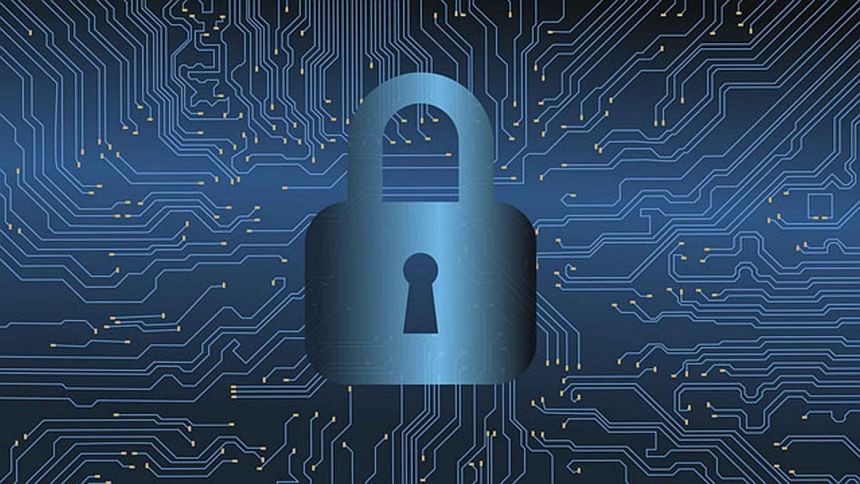Cyber harassment - What to do if someone is harassing you online

The conventional understanding of sexually harassing someone offline is widely known. However, for the last few years, with the rise in internet users, sexual harassment has crept into the digital world as well. Cyber harassment can take manifold forms such as uploading an embarrassing photo of someone online or texting someone threatening or abusive words. This grim picture of digital world, however, is not strange to the internet users in Bangladesh, particularly to women. According to the Cyber Crime Division of Dhaka, 80% of victims of online harassment are women among which the majority victims are aged between 16 and 17. To prevent this crime and make perpetrators accountable, Bangladesh has adopted legal frameworks and policy measures from time to time.
The Digital Security Act (hereinafter DSA), 2018, for instance, has been enacted with an overarching goal to address through identification and prevention of the crime committed by using digital technology. Section 25 of the Act deals with the sharing or publishing of any data in a digital medium that are offensive, threatening or even false in nature. In so doing, it provides that an act of publishing, transmitting or propagating data can be an offence under this act in two-fold ways. Firstly, the nature of data shared must be threatening, offensive or false and the person sharing such in any website or digital platforms must have knowledge or an intention to cause humiliation, vilification or insult to another person. Secondly, the act can also be an offence if any person knowingly shares or assists to share any false information or propaganda either to cause harm to one's reputation or to spread confusion. The punishment for committing such an offence in either way would be of maximum of three-years imprisonment or a fine amounting to maximum 3 lacs Taka or both.
The DSA also, as section 29 provides, considers the act of sharing or publishing any information in electronic form as a punishable offence if it is intended to defame a person. What would constitute "defamation" is, however, subject to section 499 of the Penal Code, 1860. The section stipulates that to be a defamation, the making or publication of imputation, among others, through words shall have an effect of harming the reputation of a person. In another way, it also means, in case of defamation, a legal remedy could be sought under both the DSA and the Penal Code. However, the punishment for defamation as provided in the DSA is slightly harsher in compared to the Penal Code. According to the DSA, a person will be punished for defamation in digital platforms with a term of imprisonment not exceeding three years while it is maximum of two years prison term for defamation under the Penal Code. Moreover, if the act of defamation is caused by using pornographic materials, such act would be subject to a punishment of fiver years maximum under the The Pornography Control Act, 2012.
Apart from the available legal remedies, Bangladesh police has also initiated a special cyber support service known as "Police Cyber Support for Women" to assist female victims of cyber crimes or harassment in order to provide necessary assistance and guidance. This mechanism aims to provide both technical and legal assistance consisting of only female officers so that women feel more secured and safe in a digital space. The officers of the cell will aid the victims of cyber bullying or harassment with investigating the crimes or counselling when required. For the convenience of the readers, the link to the website of the concerned service is given here- https://www.police.gov.bd/en/police_cyber_support_for_women. In addition, the victims of cyber bullying can also report the crime to the official Facebook page of the Criminal Investigation Department of Bangladesh police, that is, https://www.facebook.com/cpccidbdpolice/ by sending evidences of the harassment or bullying.
Cyber harassment, albeit relatively a new crime, has a devastating impact upon the well being of a victim. To prevent this crime, while it is imperative that the laws and policies are effectively implemented, public awareness should also be raised to inform the people of the serious consequences of cyber crime and the importance of safety and security in digital platforms.

 For all latest news, follow The Daily Star's Google News channel.
For all latest news, follow The Daily Star's Google News channel. 



Comments